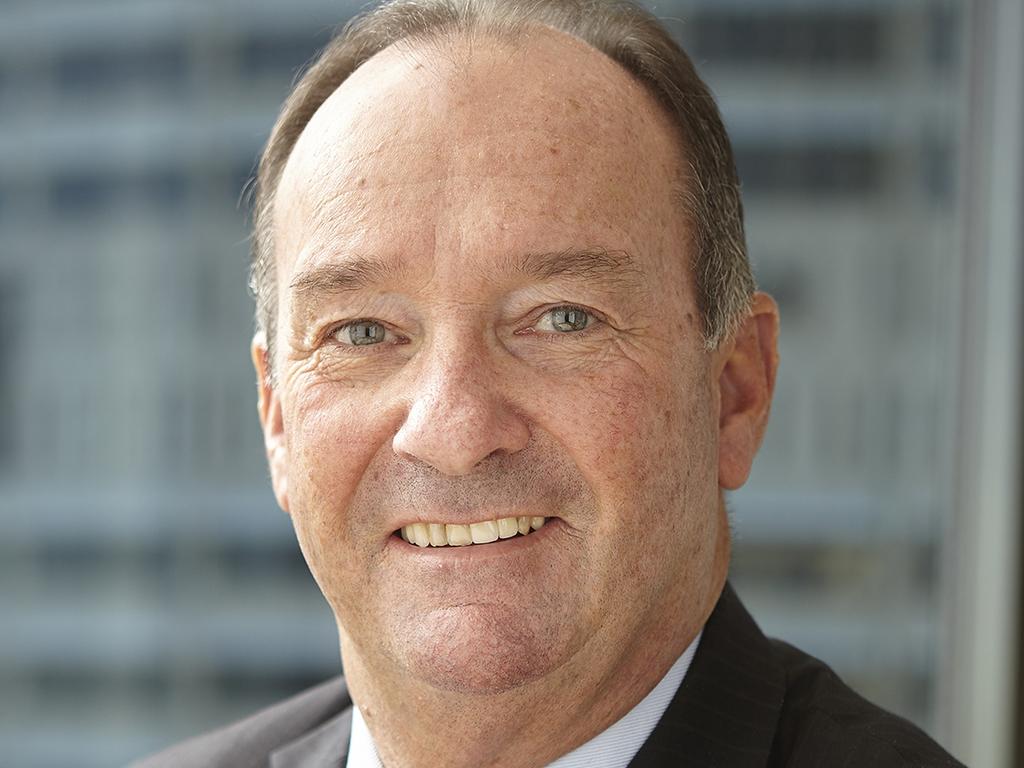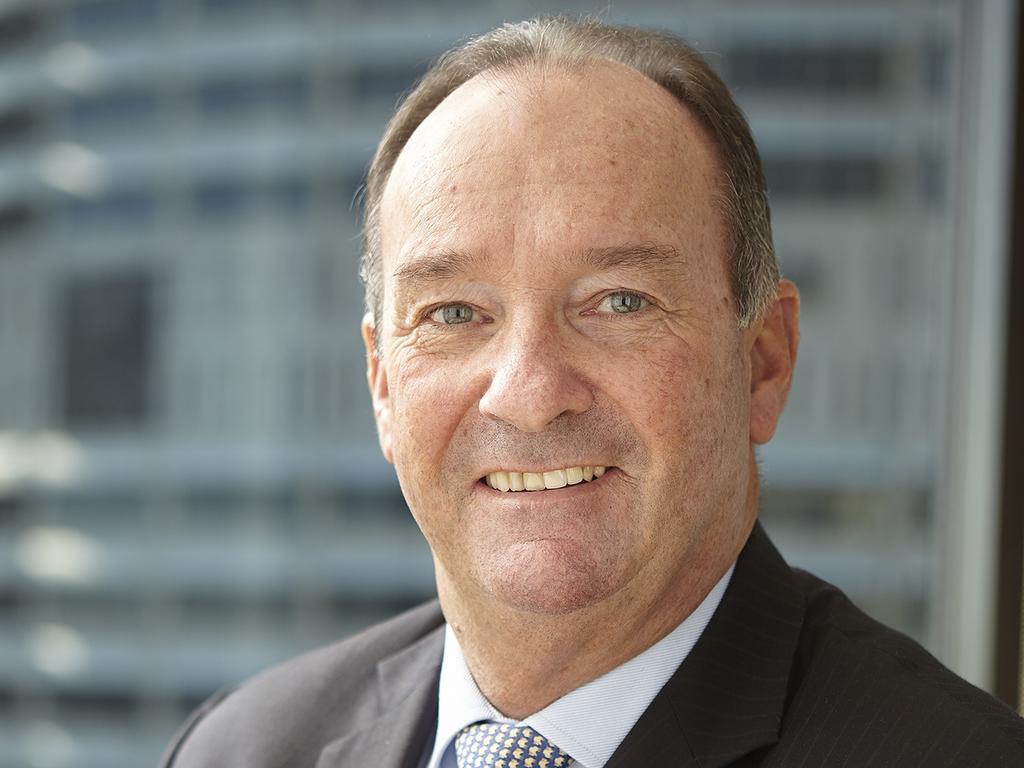The Mark Vaile debacle at the University of Newcastle has a cost for all universities


Well networked? Tick, he spent 10 years in federal cabinet. Local connections? Close, he’s based up the road in Taree. Links to the region’s major industries? Yes, he’s chair of Whitehaven Coal. Understands Newcastle’s economic challenges as the world’s largest (and therefore most vulnerable) coal export port? Certainly, because coal companies are also grappling with how they deal with the post-coal future. And Vaile also chairs Palisade Investment Partners which has $1bn invested in solar and wind power.
It was probably on this basis that the panel judged him suitable for the role. And very possibly, in the back of their minds, they thought it might improve the testy relations between universities and the Morrison government to have a former Coalition deputy prime minister on board.

They couldn’t have been more wrong. The blowback from students, staff, environmental campaigners, as well as some alumni and donors and elements of the local business community, was so strong on his coal connections that Vaile himself decided to pull out of the job which was due to start on July 1. And he sounds bitter about the activist campaign that brought him down.
“This action and the action of some in the media and elsewhere demonstrate a contempt for proper process and the principles that underpin how institutions should operate in a respectful and pluralistic society,” he said.
“Sadly, it is the result of the growing pervasiveness of a dangerous style of activism infiltrating the political and now corporate worlds, which I believe is counter to the views and interests of mainstream society.”
The university can forget any expectation that appointing Vaile would improve relations with government relations. If anything, it reinforces all the prejudices which large elements of the Coalition backbench hold about universities.
The furore that forced Vaile out underlines how chancellorships of universities have become powerful and important roles. No longer are they a sinecure awarded to a retired eminent personage. Chancellors are now in a similar role to chairmen of major companies and, in a city like Newcastle, the university (with annual revenue topping $800m) is just about the biggest game there is.
So how did the Vaile affair descend into a tier one debacle?
The first problem was that the selection committee that chose him did not have the full support of the council (the university’s top governing body) and, with current chancellor Paul Jeans departing on June 30, time was short.
Although Vaile’s appointment was approved by unanimous vote of the council at least one member felt railroaded. Jennifer Martin, also a professor in the university’s school of medicine and public health, resigned in protest on June 6, two days after Vaile’s appointment was announced.
This was the catalyst for other academics, students, anti-coal campaigners and some university donors to join in. Another council member, Eileen Doyle, who had long planned to step down on June 30, abruptly resigned several days later. She has not said why, leaving it up to others to interpret.
Too late, Vaile and the university launched a defensive action. On June 10, nearly a week after his appointment was announced, Vaile wrote to the university community saying he was “excited” to help the university go carbon neutral by 2025. He pointed out that he also chaired Palisade with its notable investments in sustainable energy.
He rhapsodised on: “I support your values and strongly believe that if we are to address the challenges of human-made climate change, we must help our industries and our communities to transition our energy sector — there is no place in this country where this challenge is more important than in the Hunter.”

But the campaign against him had so much momentum it was never going to be contained.
On Monday this week Vaile announced he was pulling out. By all accounts he was not pushed. Evidently one of his concerns was the impact which social media attacks were having on the other ventures he is involved in.
On Tuesday the council decided to reappoint Jeans as chancellor, although it’s not clear for how long. The university will probably continue to look for a long-term replacement.
In doing so it must grapple with the strident and opposing political forces at work in Newcastle. One the one hand there are the coalmines of the Hunter Valley which provide blue-collar jobs and export income, while the city itself is increasingly “new economy”.
Hardliners populate both sides. Pro-coal, right-wing politics is taking off in formerly safe Labor areas of the Hunter. But the left, anti-coal movement is getting purchase in Newcastle itself.
The university has to steer a middle course, using its educational and research expertise, as well as its economic heft, to move the city away from coal, but at a pace which preserves jobs.
We will never know what sort of job Vaile would have done in leading the university in that direction. But, with a foot in both camps, he had the right credentials.
And the university has lost someone who would have been heard in Canberra, who could have told his former colleagues in the Coalition the story of a university which was working hard, in a very practical way, to build long-term prosperity in its region.





When the University of Newcastle’s tight selection committee lit on former deputy prime minister and Nationals leader Mark Vaile as the new chancellor it surely went through a check list of reasons to justify its choice.